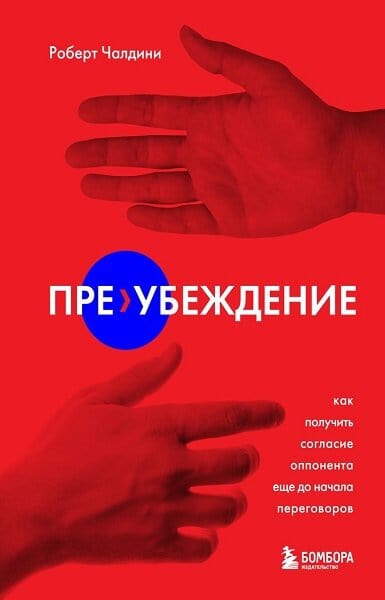Шрифт:
Закладка:
Старение – это болезнь, которая убивает? Достаточно долго врачи считали, что это так. Доктор Грегер утверждает: старение может быть здоровым и счастливым. Он нашел способ справиться с хроническими заболеваниями, сокращающими жизнь и делающими старость мучительной. В клетках нашего организма заложены одиннадцать путей старения – таковы законы биологии. Но старение клеток можно остановить. Для этого вам понадобятся не дорогостоящие препараты, а лук, яблоки и капуста. Просто задайте себе вопрос: бургер или жизнь? – и вы сразу окажетесь на пути к пониманию методов, предложенных автором. Вдохновленный особенностями питания и образа жизни долгожителей «голубых зон», доктор Грегер сформулировал простые, но научно обоснованные правила долголетия. Следуйте им, питайтесь правильно – ив любом возрасте вы будете чувствовать себя молодыми – и телом, и душой. В формате PDF A4 сохранен издательский макет книги.





